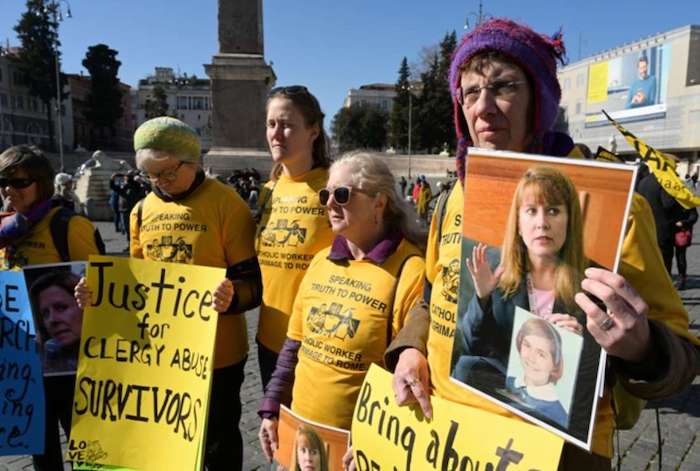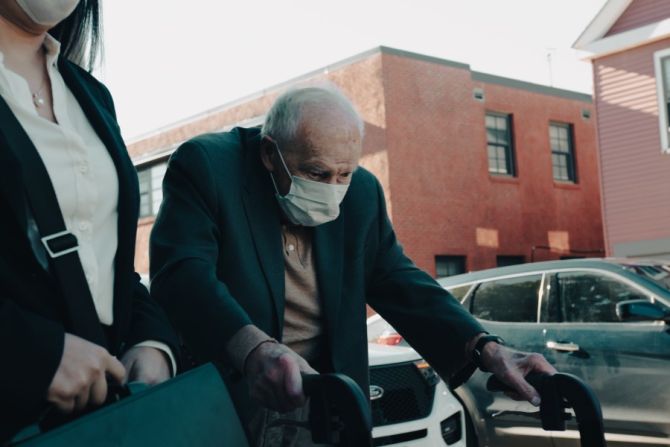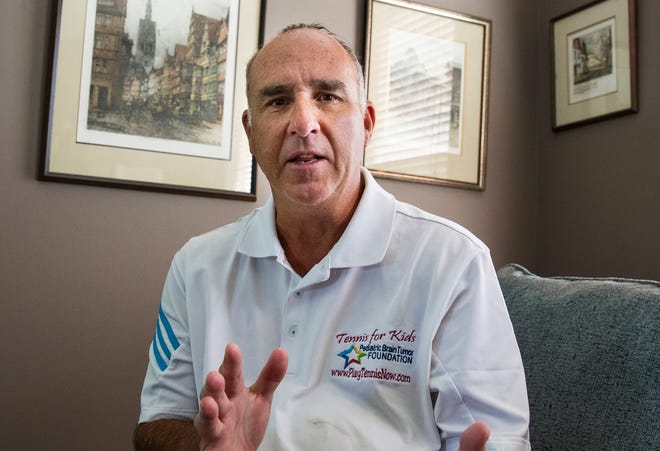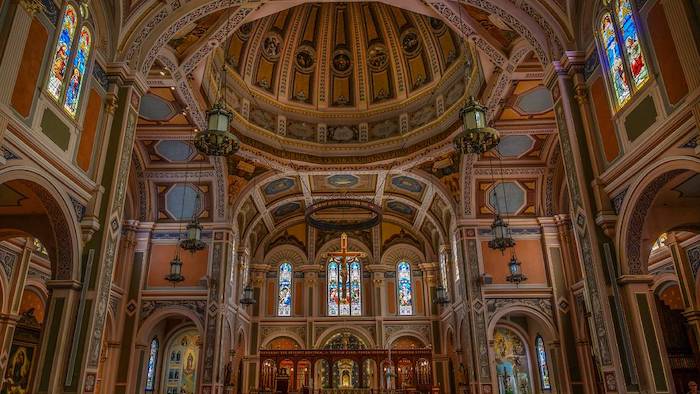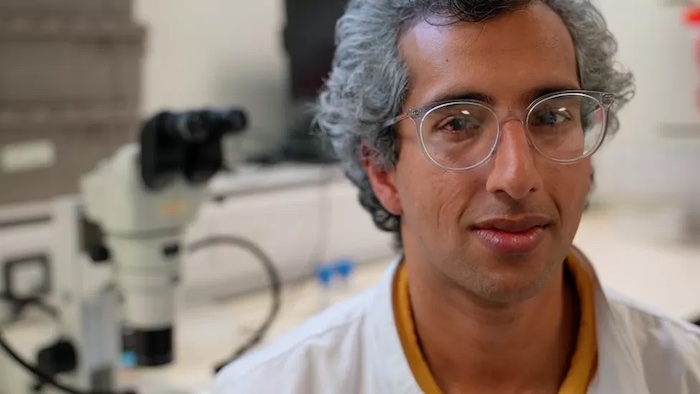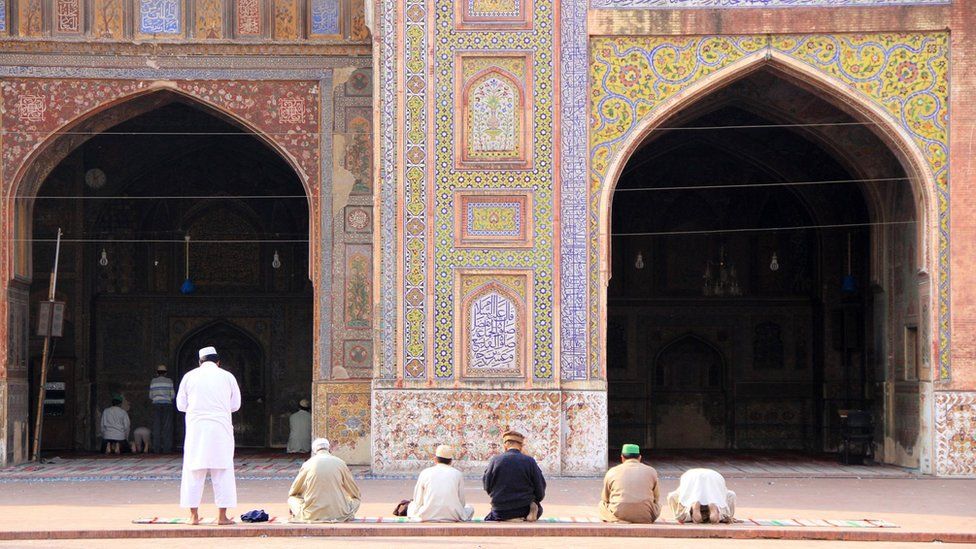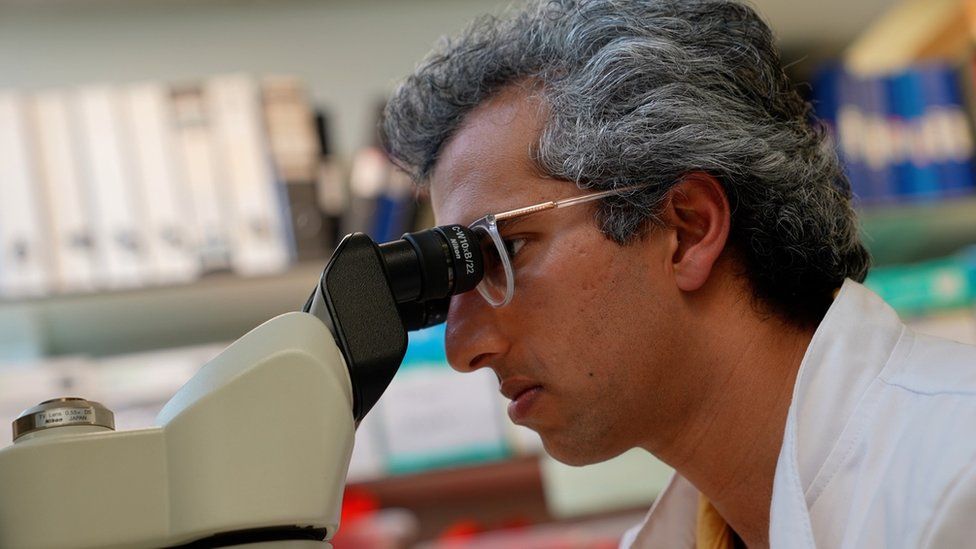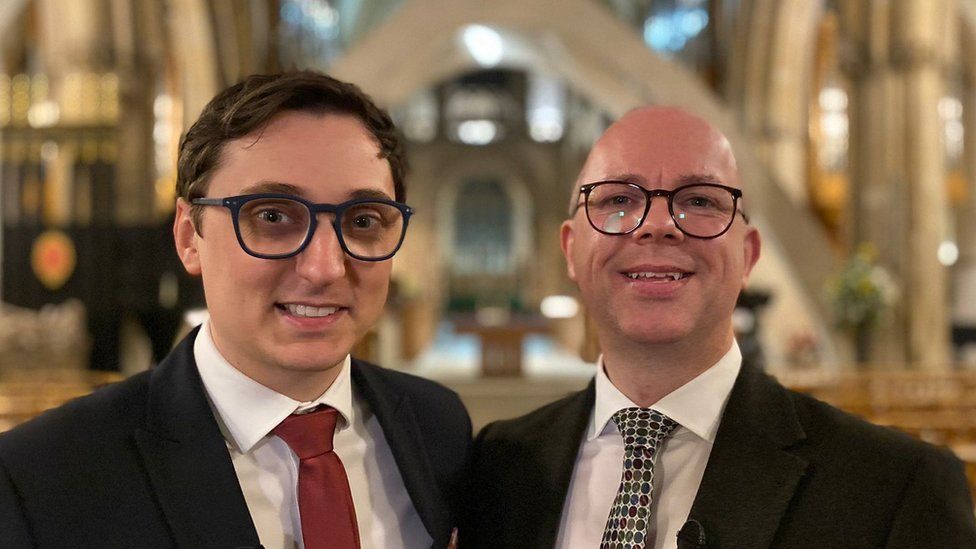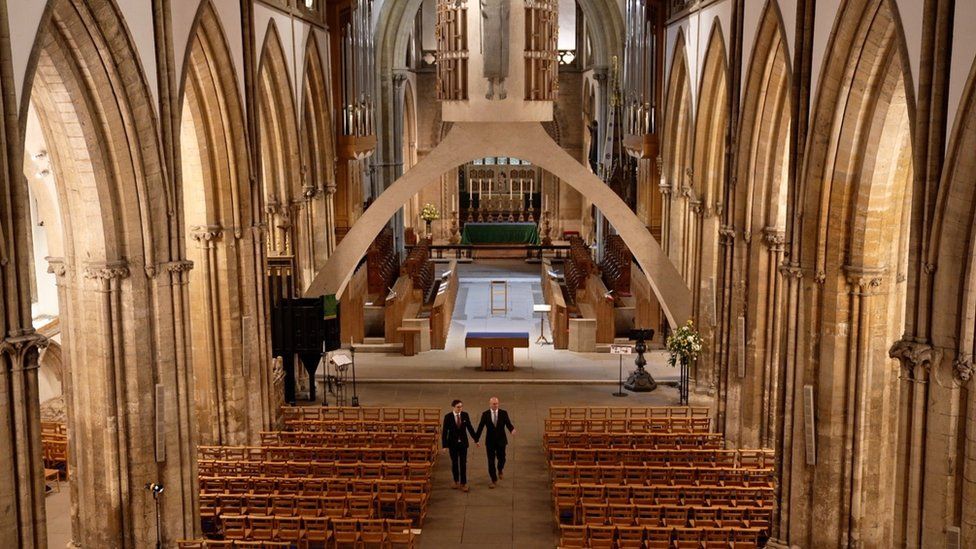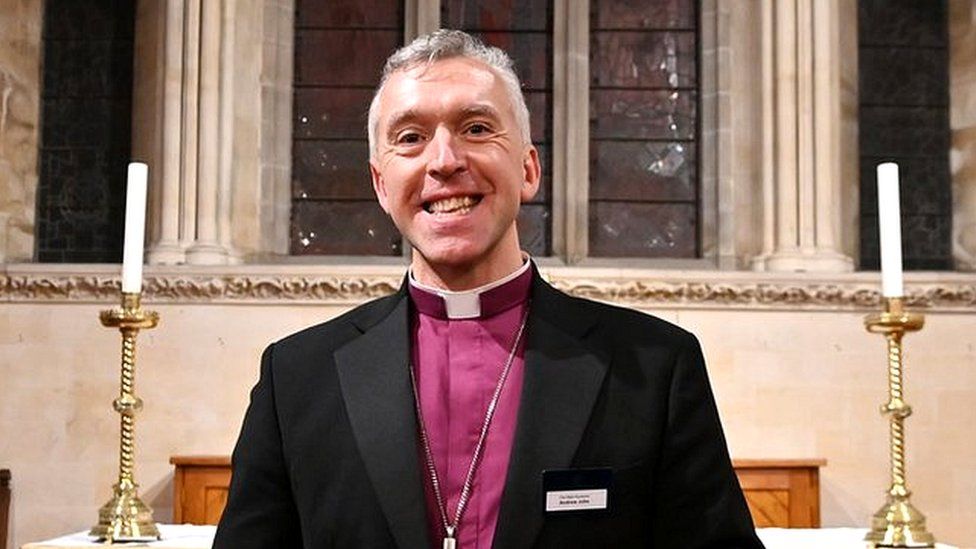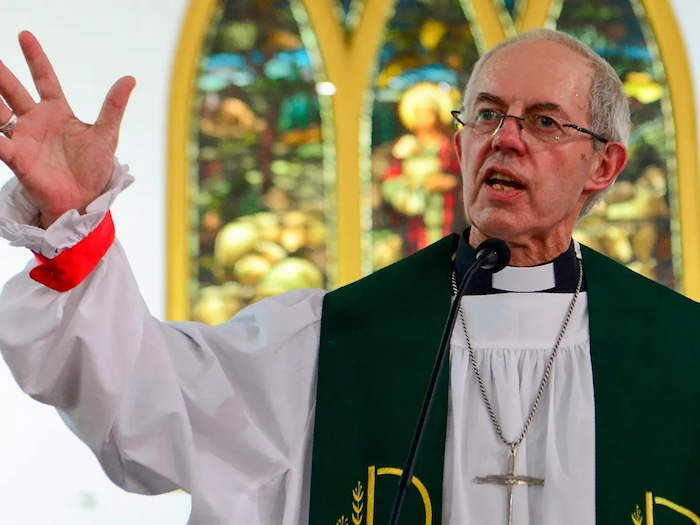
In England, proclaiming God’s blessing on same-sex relationships has become the new orthodoxy for clergy with established ties to the powers that be.
But not in Nigeria and the Global South, where Anglican leaders have urged the Church of England to consider the impact of its actions on believers facing conflict with Jihadi terrorists.
“I am genuinely torn by this,” said Archbishop of Canterbury Justin Welby, about an appeal for General Synod leaders to consult with Anglican primates around the world before proceeding. “It isn’t just about listening to the rest of the world – it’s caring. Let’s just be clear on that. It’s about people who will die, women who will be raped, children who will be tortured.
“So, when we vote, we need to think of that. It’s not just about what people will say – it is about what they will suffer.”
But after years of tense dialogues and visiting war zones, Welby told the synod to proceed. Thus, the General Synod bishops, clergy and laity voted 250-181 to offer blessing rites for same-sex couples married by the state – while retaining church doctrine that marriage is between a man and a woman.
“For the first time, the Church of England will publicly, unreservedly and joyfully welcome same-sex couples in church,” said Welby and Archbishop of York Stephen Cottrell, in their Feb. 9 statement. Anglicans have “deep differences on these questions which go to the heart of our human identity.”
This move angered LGBTQ activists who said mere “blessings” were not enough, while leaders of giant Anglican churches in Africa and Asia also rejected the compromise.
Welby said he had little or no choice, when addressing a Feb. 12 meeting of the Anglican Consultative Council in Accra, Ghana.
After the synod vote, he said, “I was summoned twice to Parliament and threatened with parliamentary action to force same-sex marriage on us, called in England ‘equal marriage.'”
As always, the question was whether changes in the Church of England, the Episcopal Church in America, the Anglican Church of Canada and other shrinking – but often wealthy – First World churches could change the shape of the 42-province Anglican Communion.
In Ghana, Welby said the institutions that guide the communion “must change with the times.” While the “role of the Archbishop of Canterbury, the See of Canterbury, is an historic one,” he said, “I will not cling to place or position. I hold it very lightly, provided that the other Instruments of Communion choose the new shape, that we are not dictated to by people, blackmailed, bribed to do what others want us to do, but that we act in good conscience before God seeking a judge that is not for our power, but exists for the new world with its extraordinary and terrifying threats.”
The next day, 12 leaders of the Global South Fellowship of Anglican Churches – representing about 75% Anglicans who attend worship rites – agreed with part of Welby’s blunt assessment of the crisis.
While seeking to “keep the unity of the visible Church and the fabric of the Anglican Communion” the Global South leaders released a document stating that they could not share Holy Communion with “provinces that have departed from the historic faith and taken the path of false teaching.” Also, the fellowship said it would no longer recognize Welby as the “first among equals” among national-church Anglican leaders.
“With the Church of England and the Archbishop of Canterbury forfeiting their leadership role,” they said, Anglicanism’s “orthodox” primates across the global communion will meet to “work out the shape and nature of our common life together” because “for us, and perhaps by his own reported self-exclusion, the present Archbishop of Canterbury is no longer the … Chair of the Primates’ Meeting by virtue of his position.”
Uganda Archbishop Stephen Samuel Kaziimba Mugalu stressed that there will be no Anglican compromise this time around.
“The only significant difference between a wedding and a service of ‘blessing’ is the terminology used,” he said, in a public statement. “The Church of England insists it is not changing its doctrine of marriage. But, in practice, they are doing precisely that. …
“But, what I want you to know is that if it looks like a wedding, and sounds like a wedding … it IS a wedding.”
Complete Article ↪HERE↩!

